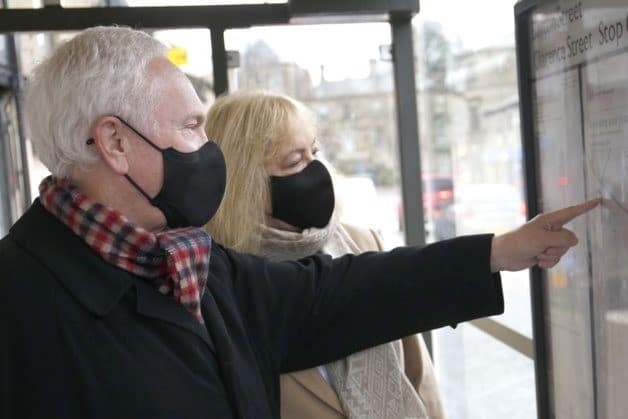SP Science has announced completion of CE Registration for its Silver Life Face Mask, making it fully validated as Type 2 reusable PPE, appropriate for use in hospitals and care homes.
The Silver Life Face Mask is made from 36% recycled materials and uses patented silver-based technology to protect against pathogens such as COVID-19. The mask is fully effective when wet, giving it an advantage over N-95/FFP2 face coverings, and unlike single-use designs which typically end up in landfill or waterways the Silver Life Face Mask is reusable up to 100 washes when washed at 40 degrees.
Meeting the World Health Organization’s recommendations for use in the pandemic, the mask inhibits the spread of infectious virus droplets while preventing against skin blemishes – aka maskne – with its antimicrobial properties. A sculptured design allows for a comfortable long-term wear and the integrated nose wire prevents fogging when wearing glasses.
Dr Alan Green, environmentalist and founder of SP Science, comments: “We are delighted with the new CE Classification, meaning that we are now fully approved PPE and we are excited about the impact we can make in hospitals, care homes and health authorities, in helping reduce plastic pollution.”
Plastic pandemic
Green says that while hospitals may typically have used around 300 disposable masks a day prior to the initial outbreak of COVID-19, now SP Science is receiving reports of 10,000 single-use masks being used daily by some hospitals.
“Face masks have become virtually compulsory … employers need to provide their employees with daily masks to keep them safe. Unfortunately, this has led to the estimate that the UK throws out 53 million face masks per day. Everyone has witnessed people throwing face masks onto the ground – our supermarket forecourts and entrances are littered with them!
The consequence is that face masks are now found in our hight streets, rivers, meadows and oceans – almost everywhere. Of course, we’re already aware of the huge pollution problem from plastic wastes that are literally choking our oceans, as reported by Greenpeace and others, and now coral reefs in the Indian Ocean are also suffering from ‘face mask pollution’ too.
“Single-use or disposable face masks are made using a variety of plastics … which means they can take up to 450 years to break down. Even then, the plastic stays around as tiny microplastics. These microplastics are causing fundamental problems to our world-wide ecosystems and have even been found in the Antarctic and Arctic environments.
“Our Silver Life Face Masks have been developed by experienced healthcare scientists and have safety, the environment, recycling, and manufacturing standards at the core of their design. Sustainable is at the essence of the Silver Life Face Mask as its effectiveness in the current and perhaps future airborne microbial pandemics.”





